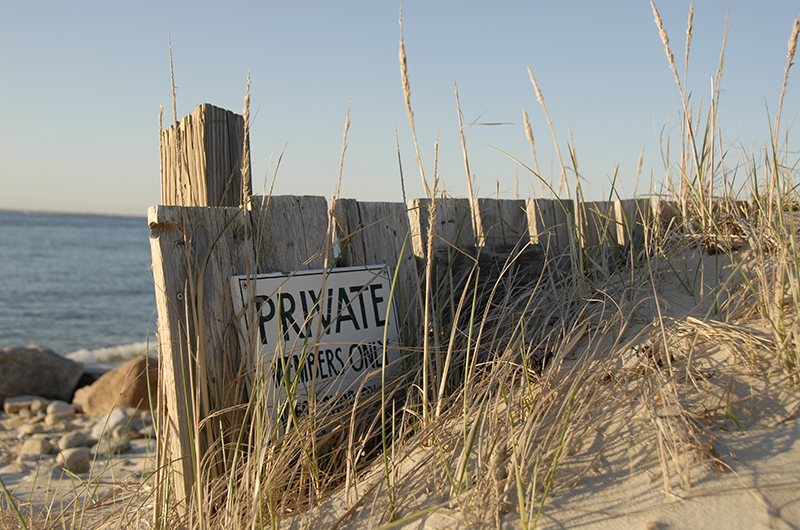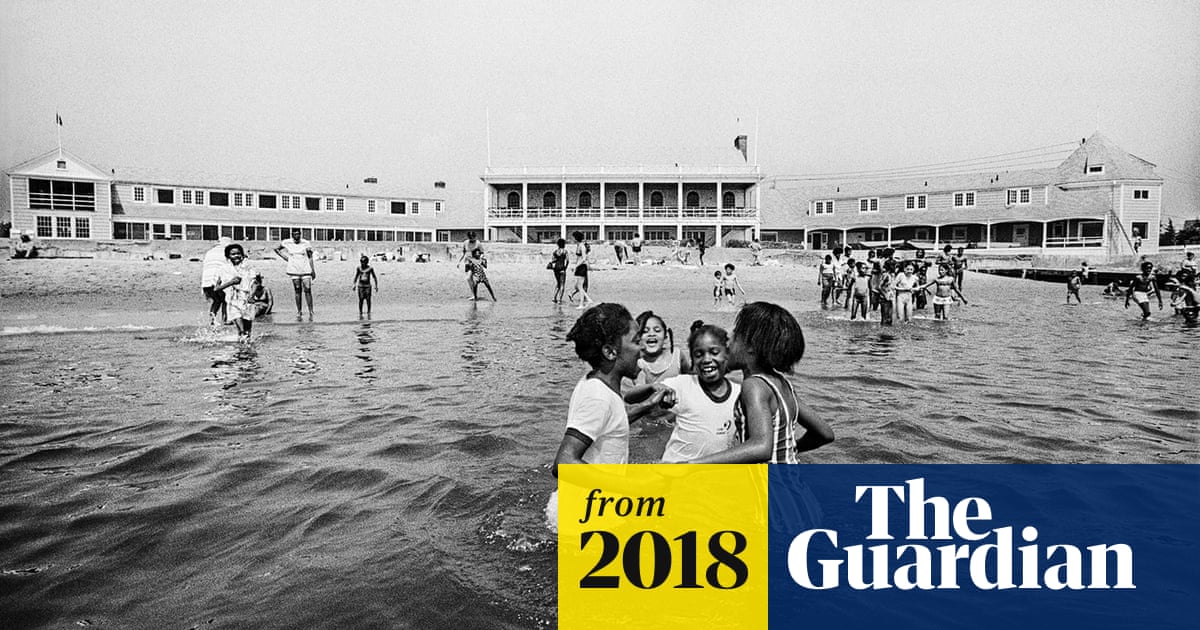The history of cities owning beaches to keep out PoC existed just as redlining existed. Both towns tried to hold onto. They succeeded in holding onto residents-only beaches in the Northeast. Cities keeping residen't only beaches are keeping alive the policy enacted to block Blacks.
In the decades that followed, local governments across the US enacted a host of policies and practices designed to segregate places of outdoor leisure by race and effectively exclude people of color from public beaches. In the south, those methods were quite explicit. Coastal cities such as Norfolk, Virginia, Charleston, South Carolina, and Miami, Florida, prohibited African Americans from stepping foot on any of their public beaches, and for years ignored blacks’ demands for public beaches of their own. Whites’ indifference to the health and humanity of black communities often had deadly consequences. Throughout the Jim Crow era, shockingly high numbers of black youth drowned each summer while playing in dangerous, and unsupervised, bodies of water. When white officials did respond to black demands for beaches and parks of their own, they invariably selected remote, polluted, often hazardous, locations. In Washington DC, officials designated Buzzard’s Point, a former dumping ground located downstream from a sewage plant, as an appropriate location for the city’s “colored” bathing beach. In New Orleans, it was a remote site on Lake Pontchartrain, 14 miles from downtown, surrounded on both sides by fishing camps that dumped raw sewage into the lake. One health official described the waters offshore as “grossly contaminated” and wholly unfit for bathing.
In the north, whites employed more subtle, but no less effective, methods of segregation. Predominantly white suburbs and towns in the north-east, for example, designated their public beaches for residents only, or charged exorbitant access fees for non-residents, or barred non-residents from parking near the shore, all designed to keep minority populations in neighboring cities out. City officials, meanwhile, failed to provide black neighborhoods with safe and decent places of public recreation and deliberately made beaches and pools frequented by middle-class whites inaccessible to the poor and people of color.
For decades officials imposed regulations to restrict African Americans’ use of public beaches – and the fight for equal access is far from over

www.theguardian.com
Towns created resident only to keep out Blacks. Those beaches still exist. Which means that the limited number of beaches that will accept blacks are well overcrowded. The people in these towns are not necessarily keeping the beaches resident only specifically to keep out Blacks, but it is the end result.
So tell me specifically what I am saying is wrong. Did northern towns create Resident only beaches to keep away Blacks, yes or no, very easy question. Can I find examples of this on the internet?
IF yes, are some of those beaches still resident only today, yes or no counselor. Let's stop playing word games. Did towns create these beaches and do they still exist?

 www.ie.edu
www.ie.edu





